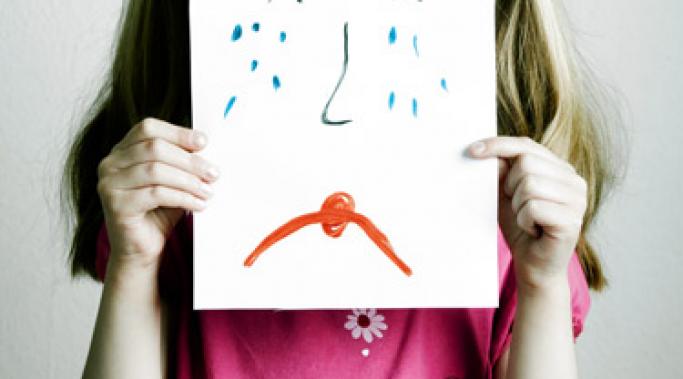Blogs
Does your anxiety ever make you feel like a failure? Does it ever make you feel stupid? A reader's comment on my post, Top 10 Anxiety-Friendly Jobs really got me thinking about this issue. They indicated that anxiety at work had caused them to exhibit some of the common signs of low self-esteem, including difficulty holding down a job, and becoming easily confused and forgetful. Because I've struggled mightily with these same issues at work, it also got me thinking about other reasons why anxiety makes you feel stupid and like a failure.
Am I Being Emotionally Abused?
Sometimes, the signs of emotional abuse aren't readily apparent to the victim. Emotional abuse can come in many forms. It may be a peer degrading you, a boss or coworker berating you, a spouse or loved one belittling you, or many other possibilities. Unfortunately, because emotional abuse is often not as obvious as physical or sexual abuse, it can go unnoticed or ignored. However, it is not a less severe form of abuse. It is a valid and painful experience of being dehumanized or demeaned and the effects of emotional abuse can be devastating. Emotional abuse can also be difficult to respond to effectively because it can sometimes feel vague or subjective. As such, I will first explain the signs of emotional abuse, how to recognize it, and then discuss how to address it.
Last Friday I found myself searching for every stress relief tool I had (Stress Busters: 22 Ways To Be Kind To Yourself). Someone had stolen my car while I was sleeping the night before. I desperately wanted to stay relaxed and peaceful in the midst of the chaos. I needed some stress relief, and I needed it now.
There are many things your therapist won't tell you, but for today I want to focus on three. Some of these things are common knowledge, such as not everything is confidential (danger to self, danger to others, abuse). Some of these things are professional secrets (such as your psychiatrist is probably receiving free samples from the pharmaceutical company). There are at least three things your therapist won't tell you, and they vary by therapist. But as a general rule, the following statements are three things your therapist won't tell you.
Before being diagnosed with posttraumatic stress disorder (PTSD), I thought that my biggest issue was alcoholism. What I didn't understand was that there was a direct link between my drinking and dealing with my PTSD symptoms. I was self-medicating to control my symptoms without even knowing it.
I’ve written a lot about bipolar triggers over the years and usually I write about bipolar triggers you can control (Pushing Aside Daily Mental Health Triggers is Tough). But, as we all know, there are some bipolar triggers you can’t control. I’m dealing with one right now: the death of my father. His death was very inconvenient to me in that I certainly had no time for it. I have no time for a memorial, I have no time to write a eulogy and I certainly have no time (or brain space) to grieve (Coping With Loss: Bereavement and Grief).
But, of course, no one asks for permission to die and no one does it on a schedule. His death happened and I have to deal with it and it’s definitely a bipolar trigger I can’t control.
Do you know how community service affects psychiatric symptoms? It's a paradox--serving others is ultimately one of the best things you can do for yourself (Volunteering To Build Self-Esteem). Community service affects psychiatric symptoms with a healing power that should not be overlooked. Community service affects psychiatric symptoms by helping a person realize that his/her problems are not as catastrophic as he/she might believe, that he/she can make a difference in the world, and that love is one of the most powerful forces on earth.
When parenting a child who has low self-esteem it can be hard to know what to say or do. Psychotherapist Emily Roberts has 4 tips for parents that work.
Unfortunately, many soldiers experience traumatic brain injury when in combat, but is traumatic brain injury (TBI) linked to later combat posttraumatic stress disorder (PTSD)? Two recent studies examined the link between traumatic brain injury and PTSD in marines and army soldiers.
You might want to consider how recovering alcoholics react to normal alcohol use, if, indeed, you choose to drink alcohol. If you have loved ones who are in alcoholism recovery, be aware that a recovering alcoholic's reaction to your alcohol consumption could change day by day. As I continuously grow and adapt to life around me, my tolerance for alcohol and sense of security evolve as well. I am my own best advocate for my sobriety, but I'm also the only one who truly knows where I stand in my recovery process. Here are some things for friends and family to keep in mind with regards to how recovering alcoholics react to normal alcohol use.









